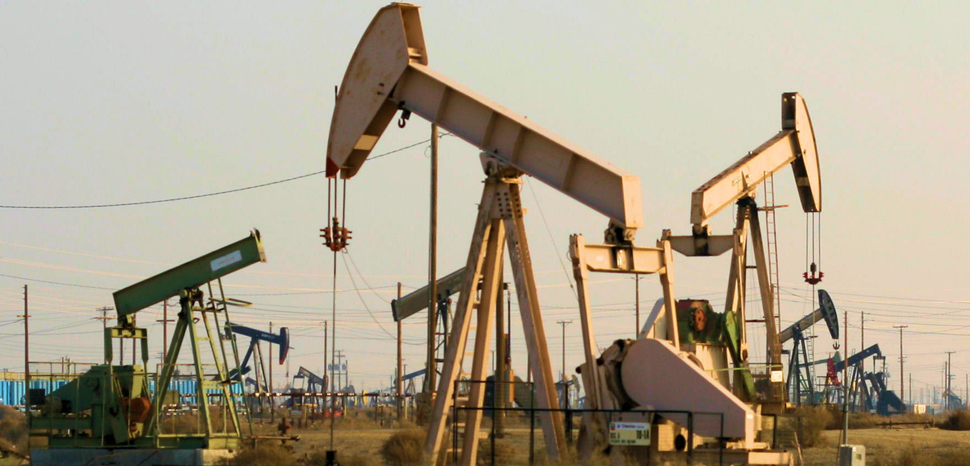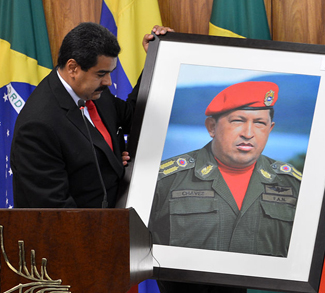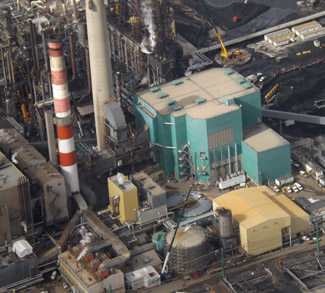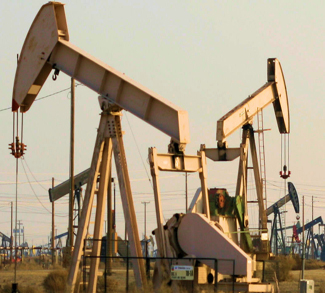Summary
OPEC countries joined with major non-OPEC oil producers to hammer out a new supply agreement in Vienna last Friday. The group, which now includes Russia and is collectively being referred to as “OPEC+,” agreed to increase supply to global markets – but by how much exactly, no one knows for certain at this point. Saudi Energy Minister Khalid al-Falih told reporters in Vienna that the deal would bring a further 700,000 barrels to market beginning in July. The number of one million barrels in additional supply was also being floated in the aftermath of the meeting. But the actual text of the joint communique makes no mention of any specific number, instead pledging to bring supply in line with originally agreed upon levels from 2016. Supply from OPEC+ exporters has been slipping over the past six months on disruptions in Venezuela, Libya, and Nigeria. The cartel has been falling short of its 2016 target by roughly 850,000 barrels per day, leading to gradual price increases that have recently caught the attention of US President Donald Trump.
Here are some key takeaways from last week’s meeting:




